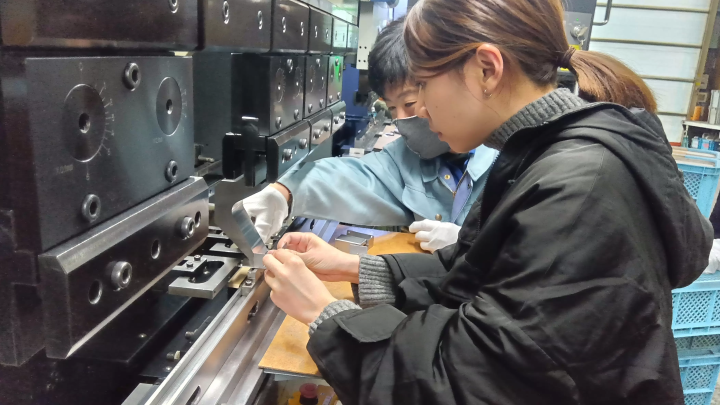Get The Right Medicine In Japan! Prescription Vs. Over-The-Counter Drugs

Drugstores in Japan sell OTC drugs of all varieties, from cold medicine to painkillers, to stomach medication. How do these medicines differ from the prescription drugs issued by a doctor? We explain these differences and how drugs are categorized by the Japanese medical and pharmaceutical world.
Prescription and Non-Prescription Medications in Japan
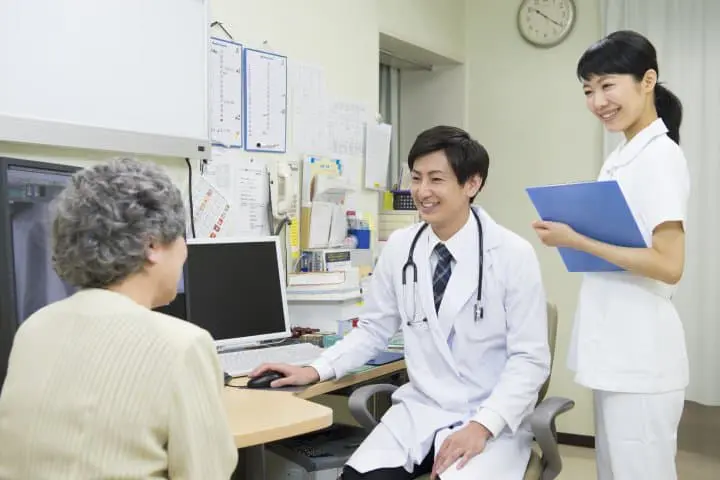
Photo by Pixta
Have you ever continued using over-the-counter medicine, yet never seemed to get better, only to have your symptoms cured quickly by prescription drugs from your doctor? Although the strength of the medication may be different in Japan, there are fundamental differences between prescription and non-prescription drugs.
Acting to treat a specific symptom, prescription drugs in Japan are prescribed by a doctor and dispensed by a pharmacist.
For example, a patient with a high temperature will be prescribed fever medication, and someone who is coughing will receive cough suppressant medicine. Medical professionals treat their patients' symptoms with what they believe to be the most effective medicine.
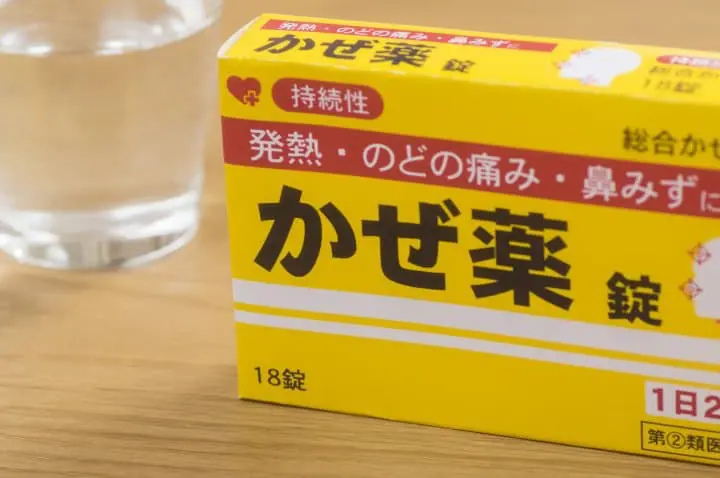
Photo by Pixta
On the other hand, non-prescription drugs (over-the-counter, OTC) are available in Japan at pharmacies, drugstores, and online. They can be purchased without a doctor's prescription, so it tends to be safe medicine.
Also, many non-prescription drugs in Japan have been developed to treat a wide range of related symptoms. For example, cold medicine can treat headaches, a sore throat, a runny nose, and other symptoms. The risk of side effects is minimal.
So, if you're feeling just slightly under the weather or your health problem is minor, non-prescription drugs in Japan can be effective.
The 3 Categories of Non-Prescription Drugs in Japan
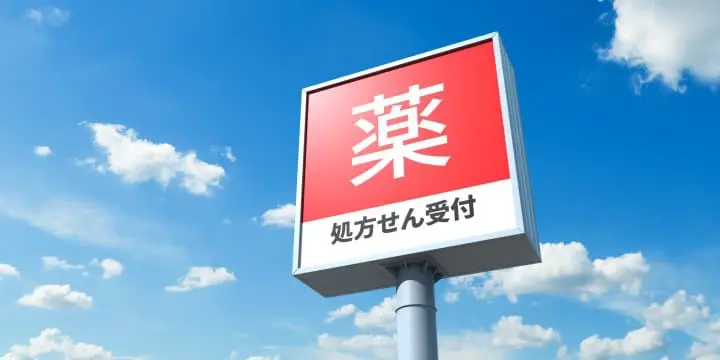
Photo by Pixta
In Japan, non-prescription drugs are classified under three categories: Class 1 Drugs, Class 2 Drugs, and Class 3 Drugs. Collectively they are known as OTC (over-the-counter) drugs. Patients are free to seek the advice of a pharmacist before purchasing OTC drugs.
Now let's take a closer look at these drug categories in Japan.
Class 1 Drugs: As a rule of thumb, this medicine can only be dispensed by a pharmacist. At the time of purchase, the pharmacist must explain the particulars of the medication to the patient. They are quite strong compared to other non-prescription drugs and can potentially have side effects.
Class 2 Drugs: These drugs usually include cold medicine and medicine for headaches. They are sold by pharmacists and registered distributors who are required to explain the possible risk of side effects on the patient.
Class 3 Drugs: This category mainly includes vitamins, probiotics, and other drugs that are readily available at any drugstore. Though not officially required, pharmacists will be happy to answer your questions.
Rx-to-OTC Switches in Japan - When Prescription Drugs Become Non-Prescription
An Rx-to-OTC switch (referred to as "Switch OTC" in Japan) is when prescription drugs that have changed to over-the-counter medications. This switch happens in many countries throughout the world and Japan often. Common examples of these are allergy medication, painkillers, and stomachache medicine. These non-prescription drugs are generally safe and have minimal side effects, and are purchasable at any drugstore.
So, when looking for the most effective treatment for your symptoms, it might be a good idea to try using the medicine that falls under this category.
*1 Switch OTC: Medicine that has undergone an Rx-to-OTC switch in Japan. This includes drugs that retain their original strength and dose, prescription drugs in which the active ingredient has been switched and its dosage lowered, and prescription drugs in which the active ingredient remains the same but with a lower dosage.
Get Better Soon with Medicine that Works
When taking medicine, the key point is finding medication best suited for your symptoms. When deciding between over-the-counter medicine and prescription medicine for something serious, it's best to consult either a doctor or a pharmacist for the most effective treatment rather than doing a self-diagnosis and potentially making your symptoms worse.
Read also
Also Read:
Differences Between Prescription and Non Prescription Drugs (in Japanese)
Non Prescription Drugs: Risk Factors According to Classification (in Japanese)
A Summary of Switch OTC Drugs (in Japanese)
Please note that this article is for informational purposes only; it is not a substitute for professional medical advice, diagnosis, or treatment. Seek the advice of your physician or other trusted health care professional with any questions you may have regarding a medical condition or treatment.
Main image by Pixta


























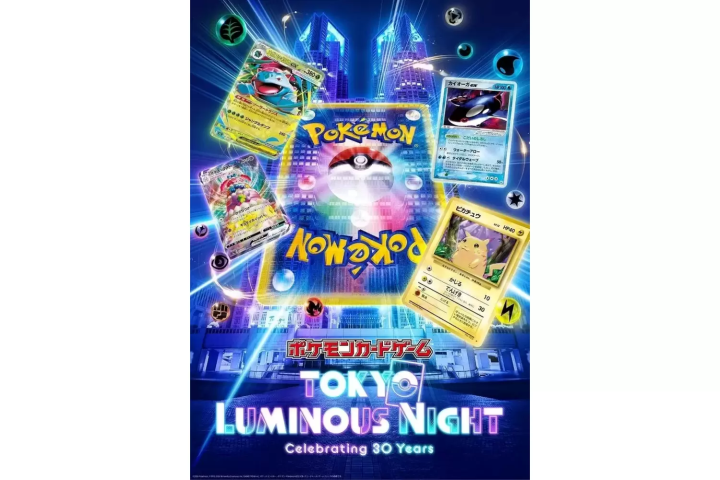









![[Aichi] 30 minutes from Nagoya! 8 must-see tourist spots in Tokoname, the city of beckoning cats and pottery](https://resources.matcha-jp.com/resize/720x2000/2026/02/26-259808.webp)

![[2026] Top 5 Cherry Blossom Spots in Naruto City , Tokushima Prefecture ! Light-ups and Access](https://resources.matcha-jp.com/resize/720x2000/2025/03/04-226780.webp)

